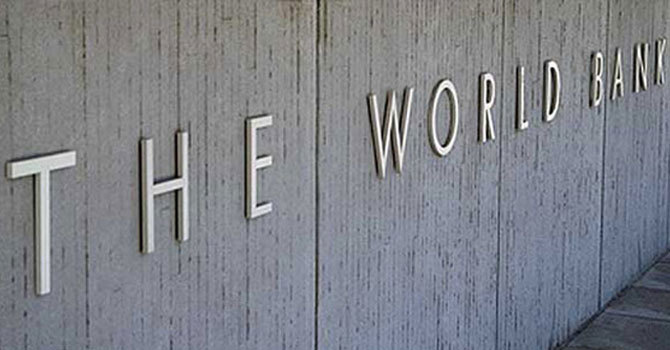ISLAMABAD: The World Bank has approved a soft loan of $86 million for ‘Karachi neighbourhood improvement’ project which will benefit almost one million residents, business owners and commuters by improving living conditions in the Saddar, Korangi and Malir areas of the city.
This was announced by the World Bank mission in Islamabad on Friday.
According to the announcement, the project will help improve the safety, accessibility, and attractiveness of public spaces in Karachi, such as streets, parks, city squares and pedestrian areas. It will ensure equal access to public spaces for all, including women, youth and the poor.
The project will also make it easier for the public and investors to access services such as construction permits and business registrations.
It is estimated that women represent 50 per cent of the beneficiaries. The Karachi Metropolitan Corporation, the Sindh Building Control Authority and the Sindh Board of Investment will be the main beneficiary institutions of the institutional development activities of the project.
“This project represents the start of a long-term partnership between the city of Karachi and the World Bank Group and will help strengthen confidence in the city’s administration among residents,” said Jaafar Friaa, the project’s Task Team Leader.
“A systematic engagement with citizens will ensure that investments in public spaces are responsive to the local context, and build community ownership of the project.”
This project will guide the development of the city by laying out a vision, and support the setting up of a multi-member Steering Committee that includes the local government, civil society and private sector.
A Karachi City Diagnostic (KCD) was prepared by the World Bank from 2014 to 2016, to collect comprehensive data on the economy, livability and key urban infrastructure of the city. It found that Karachi’s urban environment, including public spaces, has declined alongside infrastructure provision.
Many roads lack basic safety features or are not regularly maintained, which reduces accessibility and mobility particularly for women, the elderly, and people with disabilities.
Degraded urban environments can also be an enabling factor for youth at a high risk of participation in social ills such as drugs, theft and crime.
Lastly, lack of maintenance for key infrastructure increases Karachi’s risk for disasters related to climate change.
The diagnostic emphasised that attempts to improve city management must also address the large financial and technical gaps of local governments (LGs) to fulfil basic service delivery functions and administrative services.
LG revenues are insufficient to cover basic infrastructure and service delivery needs, and are highly dependent on fiscal transfers from the Sindh government which are frequently unpredictable and delayed. LGs lack modern financial management systems to manage revenues, assets and expenditures, and maintain public assets.
The KCD suggested that the city’s needs and challenges must be framed within its complex political and social landscape. Institutional fragmentation in city management has led to very limited coordination on issues of governance, financing, planning and service delivery.
The project will demonstrate the importance and validity of an inclusive process for neighbourhood improvements, by financing highly visible but low cost public space enhancements through a collaborative process.
It will also support improvements to selected administrative services, and lay the foundation for better city management. Finally, the project will facilitate the high level policy dialogue needed to address the complex policy reforms and large investment needs in a comprehensive and coordinated manner.
Published in Dawn, June 17th, 2017














































